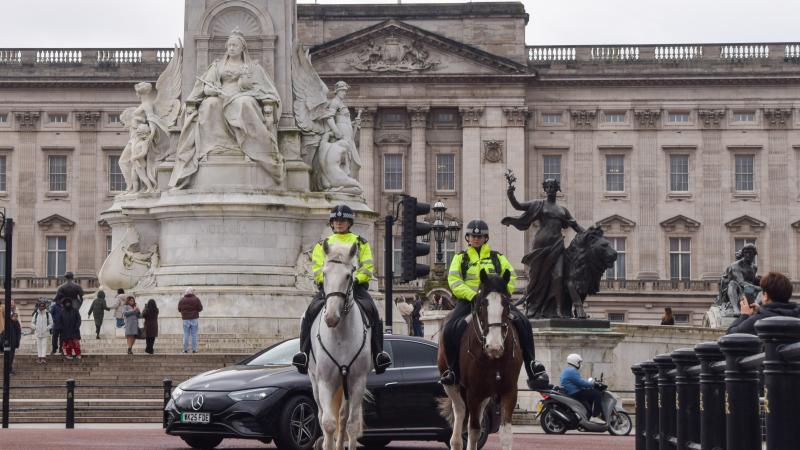Pennsylvania hunt clubs sue state, alleging warrantless searches on private property
Clubs argue law that allows state conservation officers to enter private property without warrant violates state and U.S. constitutions.
Two Pennsylvania hunting clubs are suing the State Game Commission claiming unconstitutional warrantless searches of private property.
The Punxsutawney Hunting Club and neighboring Pitch Pine Hunting Club filed suit against the game commission and conservation officer Mark Gritzer alleging Gritzer repeatedly entered clearly marked private property to investigate club members for wildlife violations.
Gritzer issued one hunter a citation for having no hunting license or identification and another for carrying a loaded gun in a vehicle, while other members were approached and issued warnings for minor issues, according to the lawsuit, filed last week.
The hunt clubs partnered with the Institute for Justice nonprofit law firm to claim a Pennsylvania law that allows Gritzer and other conservation officers to enter private property without a warrant violates the state and U.S. constitutions.
“This is a constitutional challenge to three Pennsylvania statutes that grant Pennsylvania Game Commission officers virtually unchecked power to enter private land to search for evidence of potential state hunting offenses,” the lawsuit reads. “The states do not require officers to seek an owner’s consent before entering private land. They do not require officers to obtain a warrant. They do not even require officers to have probable cause.”
The perimeters of both hunting clubs are clearly marked with purple paint and no trespassing signs, and include locked gates at all entrances. The lawsuit contends Article 1, Section 8 of the Pennsylvania Constitution protects against warrantless searches, and a 2007 Pennsylvania Supreme Court case – Commonwealth v. Russo – that found it doesn’t apply to open land is “wrong,” Institute for Justice attorney James Knight said.
“Pennsylvania’s constitutional text and history make clear that private land deserves strong protection from warrantless intrusions – and we intend to prove it,” he said.
“These clubs are private places where generations of hunters have come to spend quality time with their sons, fathers and close friends,” Institute for Justice attorney Joshua Windham added. “If Pennsylvania wildlife officers want to snoop around property that is so plainly private, they need to get a warrant.”
Frank Stockdale, president of the Punxsutawney Hunting Club, said members feel violated by the intrusions, which members have experienced for years.
“People should feel secure on private property,” he said. “They should feel like they have privacy and seclusion. But the Pennsylvania Game Commission is making us feel the opposite – we feel invaded.”
Jon Mikesell, one of the hunters targeted by Gritzer, echoed Stockdale’s concerns.
“There are certain things you think you have as a property owner. You have No Trespassing signs, you expect privacy, and yet this guy’s walking in camo on your property like he owns the place,” Mikesell said. “Do we have any rights?”
The hunt clubs are seeking a declaratory judgment that the statutes authorizing conservation officers to conduct warrantless searches are unconstitutional, as well as an order prohibiting future warrantless searches.
The lawsuit follows other Fourth Amendment cases brought by the Institute for Justice in other states, including government cameras installed on private land in Tennessee, warrantless inspections at an Ohio taxidermist, and FBI searches of security deposit boxes, according to an Institute news release.
Institute attorney Daniel Nelson contends a victory in the Keystone State case “would have an impact far beyond the hunting context.
“It would reestablish core constitutional protections for private landowners throughout Pennsylvania,” he said.
A spokesman for the Pennsylvania Game Commission declined to comment on the pending litigation when contacted by the Tribune News Service.














